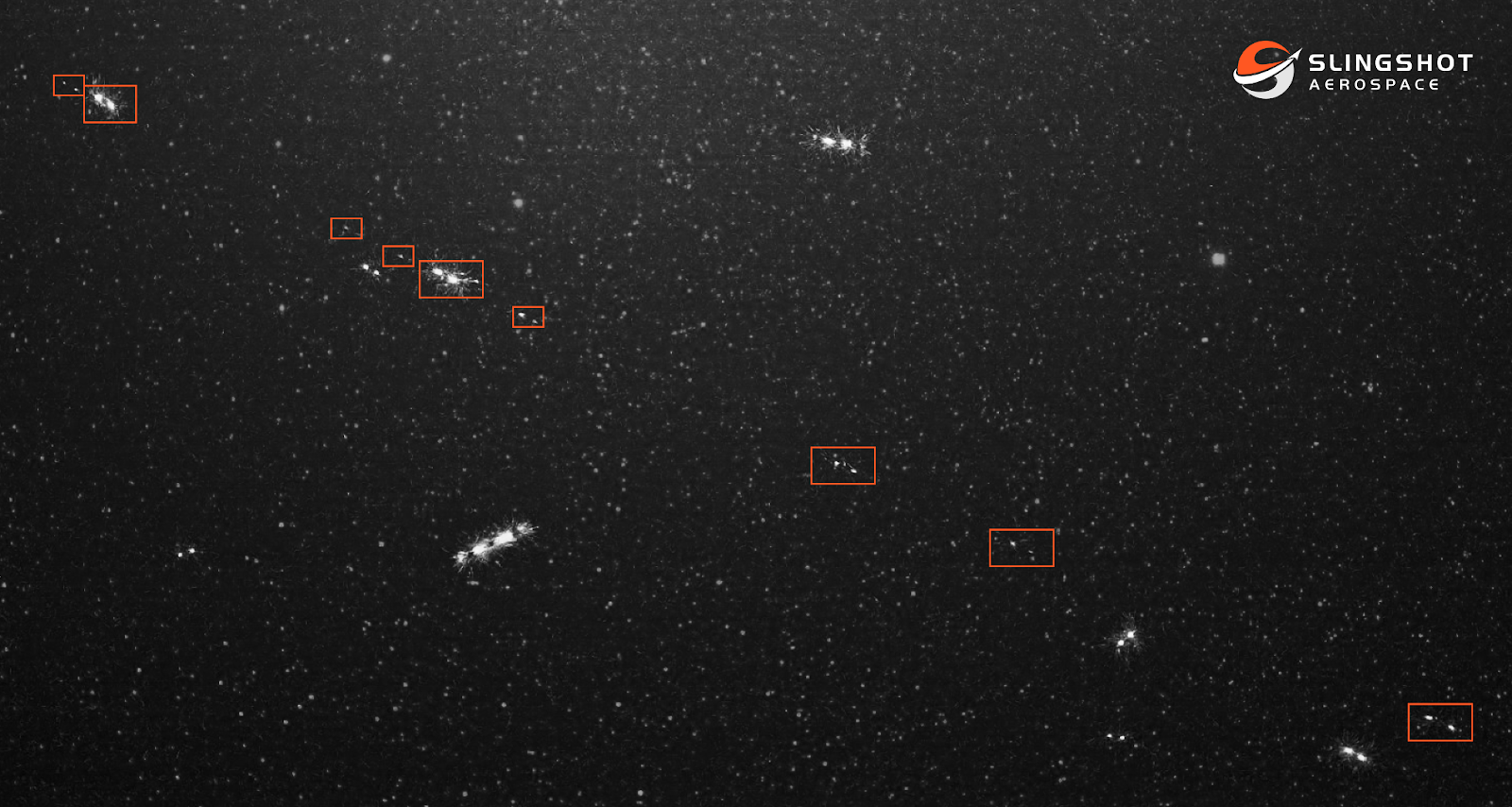Kessler Syndrome is happening before our very eyes!
I was about to comment that those concerns are always exaggerated by people who object to the constellations for other reasons, and that they’re in a low enough orbit that it’s not a realistic concern due to atmospheric drag, but I checked first and god damnit, they’re putting these things at 800km. That’s absolutely high enough that they’ll be there pretty much forever, unless someone goes out of their way to clean it up
The article says about 10 years, but when you want to get to space, 10 years is a loooonggg time.
I don’t see “about 10 years”, I see “decades or longer”.
10 years would be a miracle, there’s effectively no atmosphere above about 600km (which is one reason the other mega constellations have been at or around 500km)
Except what they deliberately deorbit (which they’ll probably be trying to do, if only to avoid fouling up their own orbit) they’re going to generate debris which is up there for centuries, realistically
The satellites are the first of a planned megaconstellation of more than 14,000 low Earth orbit (LEO) communications satellites … The Long March 6A … deployed 18 … satellites
And they’re planning to do that with expendable launch vehicles? 14,000 / 18 = ~777 launches
Expendable launch vehicles that have a known orbital debris problem and can partially survive rentry and cause damage on the ground? Those expendable launch vehicles?
i mean falcon 9 is also expendable if you’re looking at the orbital insertion stage
the problem here isn’t the expendability it’s how little they care about debris (both in orbit and on the ground)
Right, F9 can operate as reusable or expendable depending on mission profile. But for the Starlink constellation, they’re landing the rockets and re-using them.
Long March 6 are fully expendable, though, and would require a dedicated launch vehicle for every 18 satellites that go up (maybe more than 18 if they reduce the payload mass on later satellite models, etc).
Not to say they’ll launch the whole constellation on LM6; they could have a reusable booster in the works and switch over to that in later phases.
I think you misunderstood. They’re pointing out that the Falcon 9’s upper stage is always expended
But the Falcon 9 second stage is sent on a controlled re-entry after satellite deployment, usually aiming for point Nemo.
There’s only been one second stage failure in 270+ launches and that re-entered in a unguided manner (I’m actually not sure where it re-entered), but it still didn’t leave any major debris in orbit.
And they changed their deployment hardware - those long rods that the sats are contained by - to keep it attached to the second stage, so it all deorbits together.
I thought you were referring to the orbital insertion stage? what else do you mean by this?
Expendable launch vehicles that have a known orbital debris problem and can partially survive rentry and cause damage on the ground? Those expendable launch vehicles?
That was referring to the space debris point of the post. I just merged my two points (orbital debris and launching a megaconstellation on an expendable launch platform) poorly, lol.
The first link was for the orbital debris issue, and the second was for the launch vehicle. But upon closer reading, the second is about the LM 2C and not the 6(A). That’s my bad.
Thankfully now that the chinese are doing it people can finally feel outraged about it.
Great work, tofu dreg in space.
I was unfamiliar with this term.






